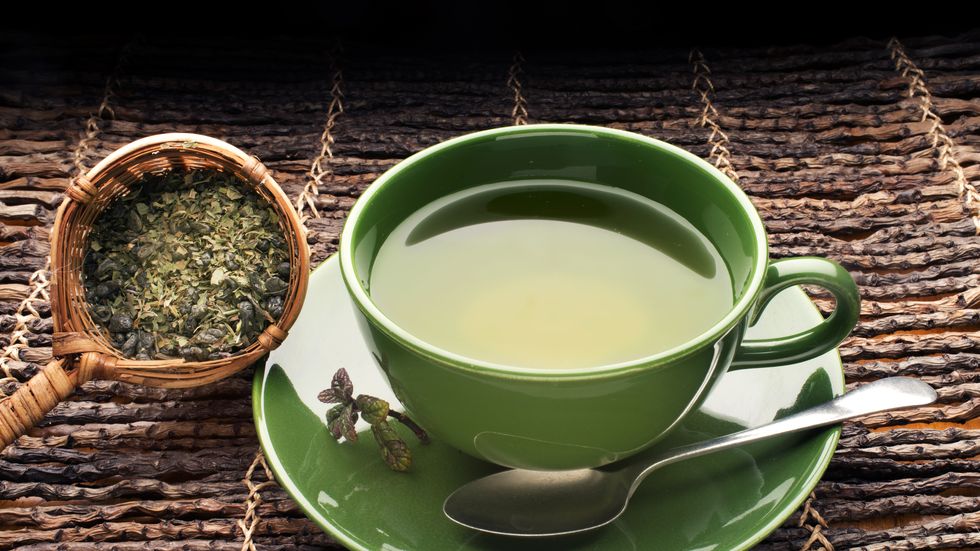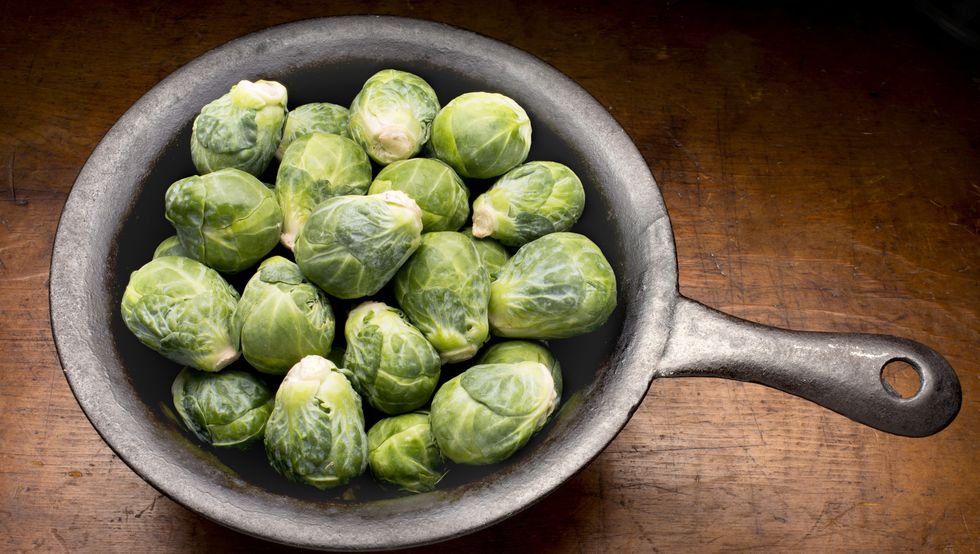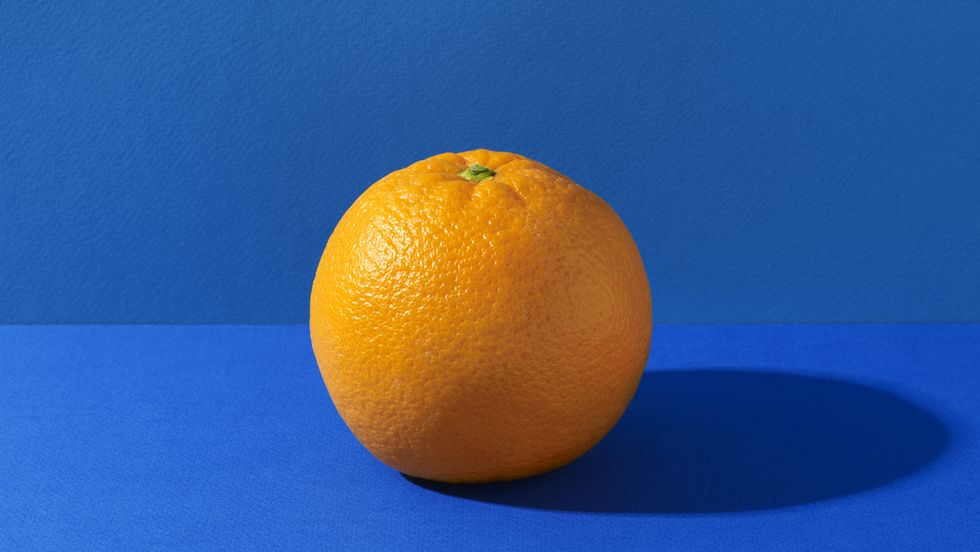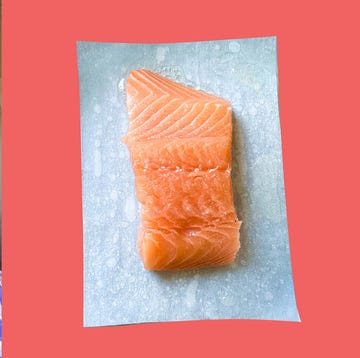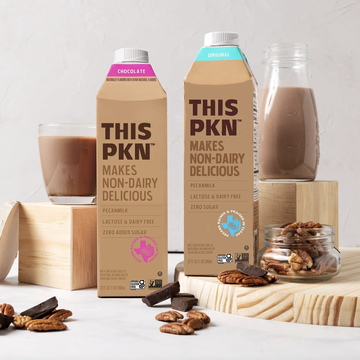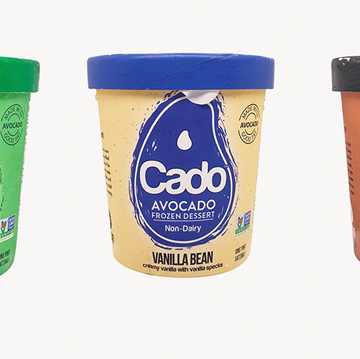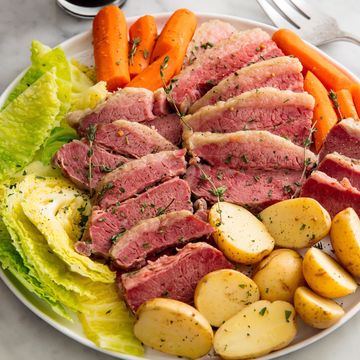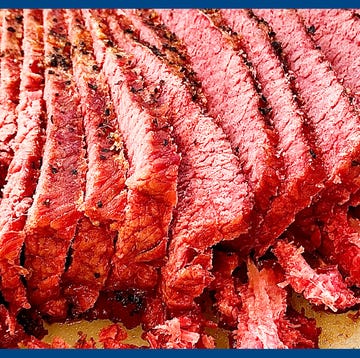Heart health may not be your number one priority every day, but it should be. Heart disease is the leading cause of death in the United States, and many people aren’t doing enough to keep their tickers in tip-top shape. And though lifestyle changes like reducing your salt intake or watching less TV have been studied and proven to support heart health, the foods you include in your diet play a major role in lowering your risk for heart-related illness. We chatted with experts to gather the best foods for your heart so you can stock up stat.
The American Heart Association updated their guidelines over a year ago and included some insight into how what you eat and drink can impact your health and wellness when it comes to heart health. Though some research suggests vegetables may not prevent heart disease, most experts would disagree. In fact, a growing number of experts consistently recommend following the Mediterranean Diet or the DASH diet to support your heart.
“What’s good for your heart is good for your brain and good for you in general,” says Arthur Agatston, M.D., a cardiologist and founder of the South Beach Diet.
The secret is in varying the types of fish, vegetables, whole grains, and other items you enjoy every day. With that in mind, we’ve compiled the 25 top foods for your heart—mix and match a handful of them every week to eat your way toward a healthier you.
Wild salmon
Broiled, grilled, or baked, this tasty, fleshy fish is rich in omega-3 fatty acids that improve the metabolic markers for heart disease. It also has rich levels of selenium, an antioxidant that studies have shown boosts cardiovascular protection. If you need some inspiration to get cooking, check out these best salmon recipes
Sardines
These spiny little creatures are also loaded with omega-3s in the form of fish oil, which increases “good” cholesterol levels and reduces the risk of sudden heart attacks in people who have experienced previous attacks, according to the Mayo Clinic. Stick to fresh ones to avoid the canned variety’s high salt content.
Liver
Liver contains fats that are good for the heart, says William Davis, M.D., a Wisconsin-based preventive cardiologist and author of Wheat Belly. “That’s the way humans are scripted,” he says. “Primitive humans ate the entire animal. Livers contain a lot of fats and that’s healthy.”
Walnuts
This nut is chock-full of omega-3 fatty acids, fiber, Vitamin E, and folate, all of which promote healthy hearts. It’s also high in polyunsaturated fats. Eat them unsalted for your best heart-healthy meal.
Almonds
Like walnuts, these crunchy, meaty nuts are big in omega-3s and provide an alternative to folks who may not like the bitter bite of fleshy walnuts.
Chia seeds
There are some great health benefits of chia seeds. Just a spoonful of this plant-based omega-3 powerhouse contains only 60 calories and helps reduce bad cholesterol and plaque buildup. Mix them with yogurt or soup, or sprinkle them on a salad.
Oatmeal
The highly publicized benefits of eating your oatmeal have long shown it’s a wonderful meal for reducing cholesterol. But eat only the plain, non-processed kind. Instant and flavored oats are often drenched in processed sugar. Plus, it can even be beneficial for weight loss.
Blueberries
These dark berries are packed with resveratrol (more about this powerful antioxidant later) and flavonoids, another antioxidant that helps prevent coronary disease. Put them in your oatmeal, in a smoothie, or in yogurt.
Coffee
Caffeine junkies, rejoice. According to Dr. Agatston, studies have shown that coffee is high in antioxidants. Up to three cups a day also increases cognition levels and helps decrease the risk of Alzheimer’s disease, Agatston says. Recent research has even found drinking up to three cups of coffee a day can lower your risk of heart disease.
Red wine
Back to the importance of resveratrol, a compound with antioxidant properties, which can also help prevent cancer, according to a study from the UK’s University of Leicester. Resveratrol is found in dark-skinned berries and grapes. Madirans and Cabernets typically contain large amounts of procyanidins, an antioxidant that helps reduce cholesterol and increases arterial health. But, research can be mixed. Though some studies say drinking wine can improve heart health, others indicate no amount of alcohol is good for heart health.
Green tea
Lower hypertension by pouring yourself a cup of this beverage long favored by Chinese herbalists for its medicinal benefits. In its soothing warmth are catechin and flavonids, antioxidants with multiple cardio benefits including reducing blood clots.
Soy milk
It’s high in the organic compound isoflavones, which has been shown to help reduce cholesterol. Unlike animal milk, this beverage contains no cholesterol and is naturally low in fat. It also contains niacin, which helps boost circulation.
Dark Chocolate
Yes! You’re not hallucinating. But pick one that contains at least 70% cocoa, which has been linked to lower blood pressure, because the healthiest dark chocolate bars have flavonols that relax arteries and increase blood flow. Make sure it doesn’t contain saturated fats from additives such as palm oil.
Raisins
Grab a handful and help reduce high blood pressure, according to a 2012 study presented to the American College of Cardiology. That’s because raisins are packed with potassium, which helps lower hypertension and increases immune-boosting antioxidants. Recent research indicated that potassium-rich foods may boost heart health.
Broccoli
You knew this would be on the list! This green vegetable is low in cholesterol, high in fiber, and contains a wealth of antioxidants. It’s good for protecting your joints, too.
Brussels sprouts
Yup, this one, too. Whether you hate or love this vitamin-rich veggie that looks like mini cabbage heads, there’s no disputing it is good for your heart. Among its heart-healthy benefits are reducing inflammation in the cardiovascular system and improving blood vessel health.
Cauliflower
It’s not green, but it is bursting with antioxidants, is high in fiber, and contains allicin, a component of garlic shown to help lower the risk of heart attacks and reduce cholesterol.
Yams or sweet potatoes
A great source of Vitamin C, calcium, and iron, which help reduce high blood pressure. Eat the skin, too, which is full of heart-healthy nutrients.
Whole grains
Dr. Agatston recommends whole grains free of glutens, including oat bran and rice, which regulate cholesterol. Avoid processed, refined grains, which are steeped in glutens that have been associated with heart ailments including clogged arteries.
Apples
Do not peel this ubiquitous fruit—that’s where all the antioxidants are, notably polyphenols, which shield cholesterol from free-radical assaults. Apples (of any color) also contain pectin, which blocks the absorption of cholesterol, and fiber, which sweeps out cholesterol.
Oranges
Another source of pectin, this citrus fruit is also packed with a flavanoid that lowers blood pressure and reduces artery inflammation. Citrus also contains hesperidin, a plant chemical that improves blood flow to the heart, and vitamin C, a potent protector against stroke.
Grapefruit
Like oranges, grapefruit contains a lot of vitamin C which, according to research, can help protect against stroke and helps reduce cholesterol. But, if you’re on heart medication, like Viagara, or a statin, like Lipitor, stay away from this juicy breakfast food, which contains a compound that has been shown to be toxic when mixed with the above meds.
Avocado
This fruit is loaded with monounsaturated fats, also known as “good fats” that can help minimize blood cholesterol and blood clots. But they are also high in calories (240 per average-sized avocado), so go easy.
Avocado oil
Pressed from the fruit, avocado oil has been touted as a more heart-healthy cooking oil because of its ability to modify fatty acids in tissues around the heart. A 2005 National Institute of Cardiology study showed that the oil could decrease the hardening of the arteries, which often leads to heart disease.
Olive oil
Make sure it’s extra virgin. The purer olive oil contains higher levels of “good fat” and antioxidants to help unclog your arteries and is considerably more healthy for your heart than vegetable oil and its cholesterol-inducing “bad” fats.
Deborah Hastings is a veteran journalist living in New York City who has worked for The Associated Press, AOL News and The Daily.


